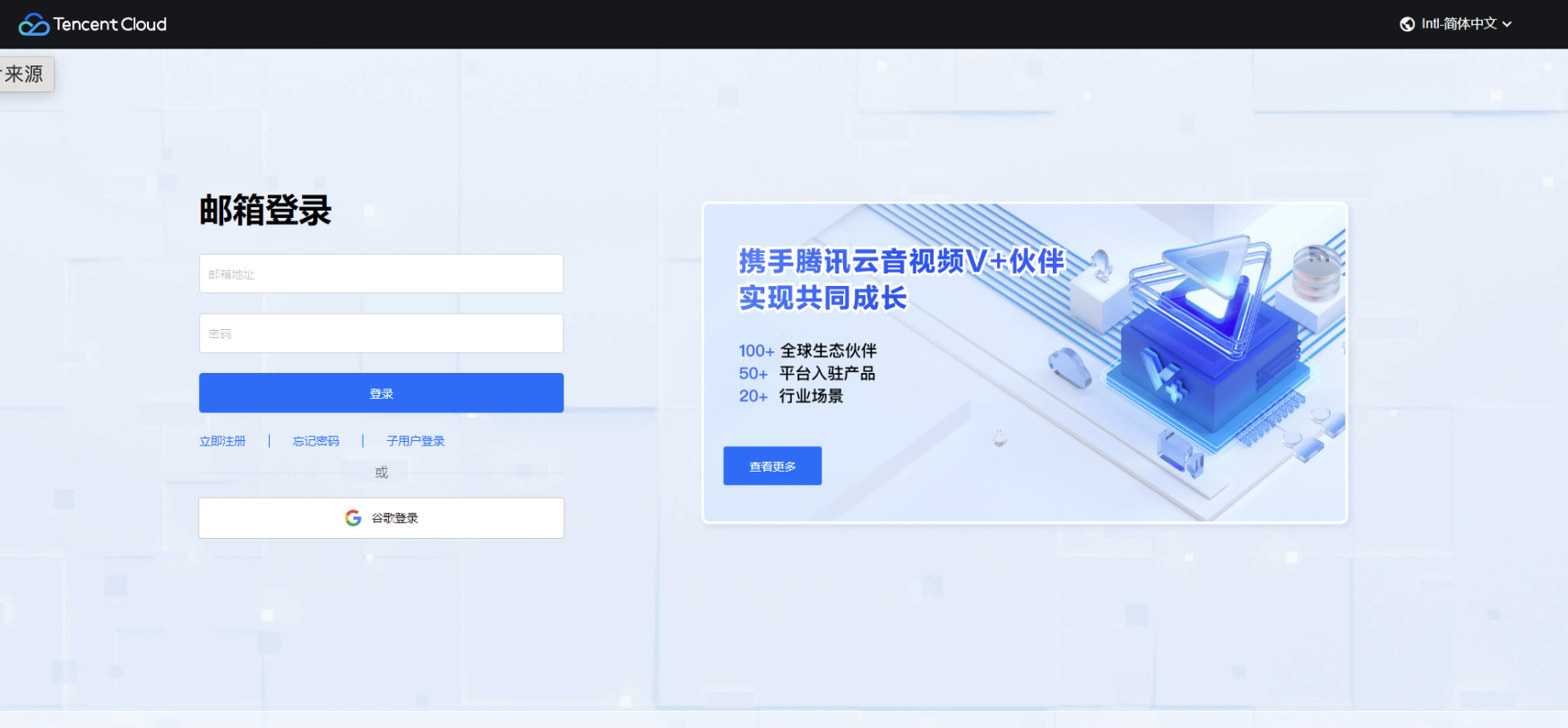Cloud server and virtual machine are both important components in modern computing environment, but they are not exactly the same, although there are many similarities. There are some significant differences between them in concept, technical architecture and application scenarios. Understanding these differences will help us to choose and use these two technologies better.即便如此,华为云国际也要坚守行业的品质,为公司打造独一无二的产品。谷咕云计算是阿里云国际、腾讯云国际、华为云国际、亚马逊云(AWS)、谷歌云(GCP)、微软云(Azure)等国际云平台的官方服务商,同时租赁美国、香港、新加坡等地云/独立/站群/高防服务器,提供中国或者全球范围内的国际云平台账户开通、充值和租用服务。可USDT、支付宝支付、可退款。https://www.kaihu123.com/Computing/huaweicloud/
Is the cloud server a virtual machine?
Virtual machine (VM) is a technology that abstracts the resources of a physical computer (such as CPU, memory, hard disk, etc.) into multiple virtual computer environments through virtualization technology. Each virtual machine runs its own operating system and can operate independently like a physical machine. Virtualization technology has been widely used in data centers, enabling a single physical server to host multiple virtual machines, thus improving resource utilization.
The virtual machine has its own operating system (guest operating system), which is separate from the operating system of the host computer. It is managed by virtualization software (such as VMware, Hyper-V, KVM, etc.), and resources are isolated by hardware virtualization technology.
Cloud server
Cloud server is a resource-pooling computing service provided by cloud computing platform. It virtualizes hardware resources and provides them to users through the network, and users can dynamically allocate, expand or reduce these resources according to their needs. Cloud server is usually created on the cloud platform through virtualization technology. It can provide similar functions as traditional servers, but it has greater flexibility, scalability and high availability.
Cloud servers are usually provided by cloud service providers (such as Amazon Web Services, Google Cloud, Microsoft Azure, etc.). They can be part of virtual machines and run on shared physical hardware, but they usually have more management functions and automation tools, and support features such as customized configuration, on-demand payment and flexible scaling.
Cloud Computing 2.png
What is the difference between a cloud server and a virtual machine?
Resource management mode
Virtual machines rely on the resource management of host servers, while cloud servers schedule resources based on cloud computing platforms. The resource management of virtual machines is relatively static, and users need to allocate hardware resources in advance. The cloud server provides dynamic resource allocation, and users can increase or decrease computing, storage and network resources at any time according to their needs.
expandability
The scalability of virtual machines is relatively poor. Expanding a virtual machine usually requires adding physical resources (such as hard disk, memory, etc.), and it needs to be stopped or restarted. The cloud server has a high degree of flexibility and scalability, and users can adjust resources in real time without interrupting services.
management style
The management of virtual machines is usually manually configured and managed by administrators. The cloud server provides a more automatic management mode, users can manage it through the cloud console or API, and many maintenance tasks (such as backup, monitoring, security repair, etc.) can be handled automatically.
High availability
Virtual machines usually rely on a single physical server, and once the host fails, the virtual machines may be affected. Cloud servers are usually distributed in multiple data centers, providing higher availability. The cloud platform can ensure uninterrupted service through automated migration and load balancing.
Billing mode
The charging of virtual machines is usually based on the fixed mode of purchasing resources in advance, and users need to pay for certain computing and storage resources. The cloud server adopts the method of paying on demand, and users only pay for the resources actually used, which has higher flexibility.
usage scenario
Virtual machines are suitable for enterprises or developers who need to run multiple operating systems on a physical server, and are often used in traditional data centers. Cloud server is more suitable for scenarios that need flexible expansion, high availability and efficient management, such as Web applications, enterprise IT infrastructure, data processing and so on.
Although there are many similarities between cloud server and virtual machine, there are significant differences in architecture, management, scalability and billing. Virtual machines mainly rely on the virtualization technology of physical servers, while cloud servers provide a more flexible, scalable and efficient resource scheduling platform. The choice of cloud server or virtual machine depends on many factors such as specific application requirements, budget and manageability.